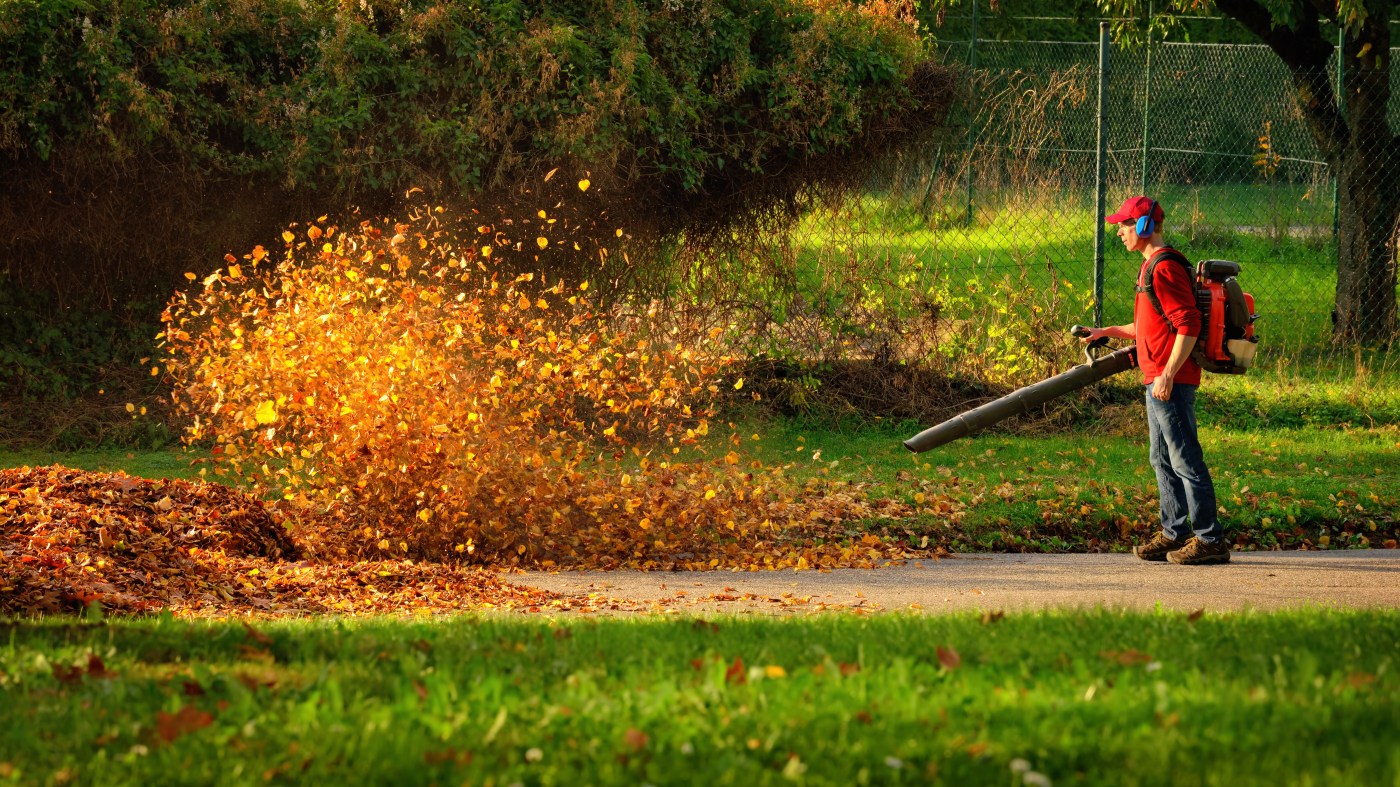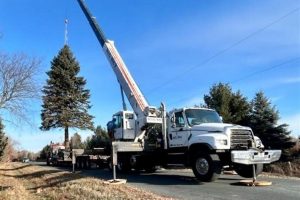
Cambridge ban on gas-powered leaf blowers could go into effect a year earlier than first proposed
Landscaping businesses in Cambridge may have to trade in their gas-powered leaf blowers for electric alternatives a year sooner than the City Council initially targeted, depending on a vote looming in December.
The council’s Ordinance Committee voted unanimously on Tuesday to shorten the gradual phase-out of gas-powered leaf blowers for commercial and municipal uses to 2026 from 2027.
Residents would be prohibited from using the lawn equipment starting in March 2025 under the request which the City Council is likely to vote on by the end of the year – the same timeline first proposed.
Councilor Patricia Nolan, who has spearheaded the proposal on the Health and Environment Committee, highlighted how the 2025-26 timeframe is being followed in Arlington, Belmont and Lexington, nearby municipalities that have voted for bans on gas-powered leaf blowers.
“If I’m a landscaping company I’m already going to have to service Lexington, Arlington and Belmont by 2026, so why wouldn’t I be able to do that in Cambridge as well,” Nolan said Tuesday.
“Maintaining the same timeline for commercial and municipal use allows the city to work toward its goal of phasing out gas-powered leaf blowing equipment in a manner that treats all commercial operators the same,” she added.
Nolan pointed out how California will be implementing a ban on the sale of new gas-powered leaf blowers and lawn mowers starting in 2024 and portable generators by 2028. Washington D.C. did away with the equipment last year, she added.
A local representative from Mothers Out Front expressed support for moving the ban up to 2026 in Cambridge but also some concerns.
“But that’s still more than two years away,” she said. “In our opinion, even that is not soon enough to address the environmental and public health dangers posed by gas-powered landscaping equipment.”
In 2020, lawn and garden equipment spewed an estimated 614,932 tons of carbon dioxide in Massachusetts – an amount equivalent to the pollution from 135,371 typical cars, according to an October report conducted by MASSPIRG, a progressive political think tank.
Officials and advocates also point to research that shows how gas-powered lawn equipment is a “well-known contributor to heart and lung disease, stroke, and premature death.”
In 2019, the city proposed a ban on all leaf blowers but resistance from residents and landscapers halted the effort.
The city’s Department of Public Works is encouraging, if the ban is approved, for officials to consider offering financial assistance where possible. A MassSave incentive initiative provides residential battery-powered lawn equipment rebates up to $75 for a lawnmower and $30 for other tools.
Gas-powered leaf blowers are much more preferred because they are “known for superior power and performance” in terms of efficiency, Patrick Lane, a research assistant for the Cambridge Housing Authority wrote in a letter to the City Council last week.
Electric options, on the other hand, “fall short in comparison, leading to longer work hours and decreased productivity,” he added.
“While we share the city’s commitment to a cleaner and quieter environment,” Lane wrote, “we believe that a blanket ban on gas-powered leaf blowers may have unintended consequences for our operations and the communities we serve.”


